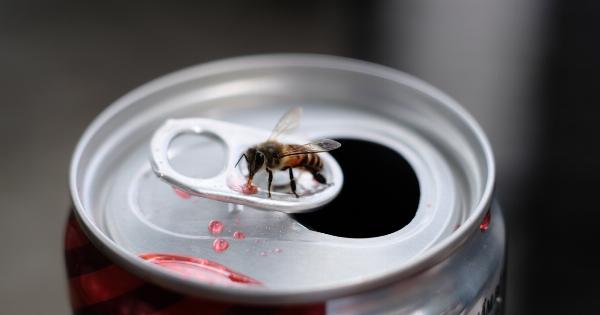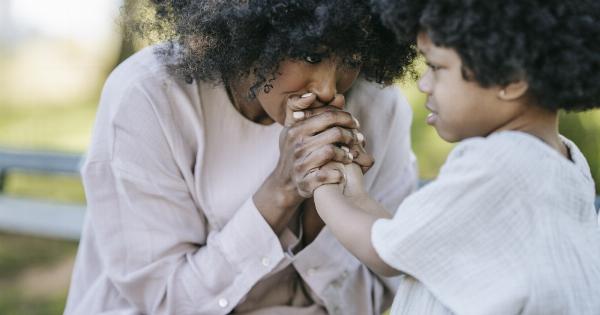Sexual pleasure is a natural and integral part of human life. However, there are various factors that can negatively impact our ability to experience and enjoy sexual pleasure.
In this article, we will explore some of these negative influences and how they can affect our overall sexual satisfaction.
1. Stress and Anxiety
One of the most common factors that can dampen sexual pleasure is stress and anxiety. When we are stressed or anxious, our minds are preoccupied with worry, making it difficult to focus on the pleasurable sensations of sex.
Stress can also lead to physical symptoms such as muscle tension, which can interfere with sexual arousal and pleasure.
2. Poor Body Image
Having a negative body image can significantly impact our sexual pleasure. When we feel self-conscious or insecure about our bodies, it can create barriers to intimacy and prevent us from fully enjoying sexual experiences.
Poor body image can also lead to performance anxiety and a fear of being judged by our partner, further diminishing pleasure.
3. Relationship Issues
Relationship problems, such as unresolved conflicts, lack of communication, or a loss of emotional intimacy, can have a profound impact on sexual pleasure.
When there are unresolved issues or emotional distance between partners, it can make it challenging to connect on a deeper level during sex and experience the full range of pleasure.
4. Medications and Medical Conditions
Certain medications and medical conditions can have side effects that interfere with sexual pleasure. For example, antidepressants and antihistamines can cause decreased libido and difficulty achieving orgasm.
Medical conditions such as diabetes, hormonal imbalances, and chronic pain can also affect sexual functioning and pleasure.
5. Unhealthy Lifestyle Choices
Unhealthy lifestyle choices, such as poor diet, lack of exercise, and excessive alcohol or drug use, can negatively impact sexual pleasure.
These habits can lead to decreased energy levels, impaired circulation, and hormone imbalances, which can all contribute to sexual dysfunction and reduced pleasure.
6. Personal Beliefs and Societal Influences
Our personal beliefs and societal influences can also affect our sexual pleasure. Negative or restrictive attitudes towards sex, guilt, shame, or unrealistic expectations can create psychological barriers to experiencing pleasure.
Societal norms and cultural taboos around sex can also impact our comfort level and openness to exploring different aspects of sexuality.
7. Traumatic Experiences
Individuals who have experienced sexual trauma or abuse may struggle with sexual pleasure due to the emotional and psychological scars left by these experiences.
Trauma can lead to feelings of fear, anxiety, and dissociation during sexual encounters, making it challenging to relax and fully enjoy the experience.
8. Lack of Education and Communication
A lack of sexual education and communication can hinder our ability to experience sexual pleasure.
Without knowledge about our own bodies, sexual health, and the importance of consent, it can be difficult to navigate sexual encounters and communicate our desires and boundaries effectively.
9. Performance Pressure
The pressure to perform sexually, whether self-imposed or influenced by societal expectations, can negatively impact our ability to experience pleasure.
When our focus is solely on meeting expectations or achieving orgasm, it can create anxiety and distract us from being fully present and engaged in the moment.
10. Age-Related Changes
As we age, our bodies undergo natural changes that can influence sexual pleasure. Factors such as hormonal shifts, decreased sensitivity, and health conditions more commonly associated with older age can affect sexual function and satisfaction.
However, it’s important to note that sexual pleasure can still be enjoyed and experienced regardless of age.































